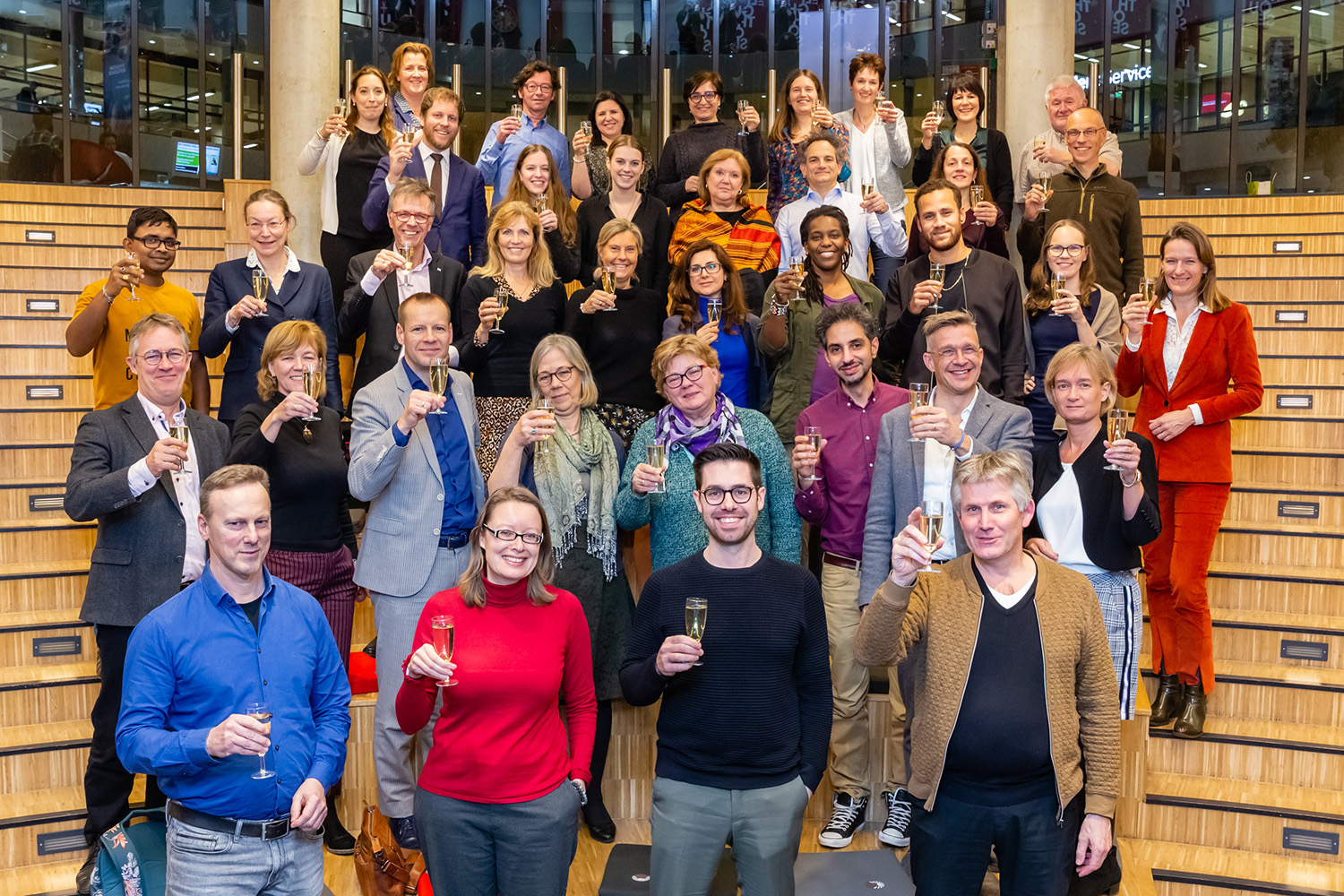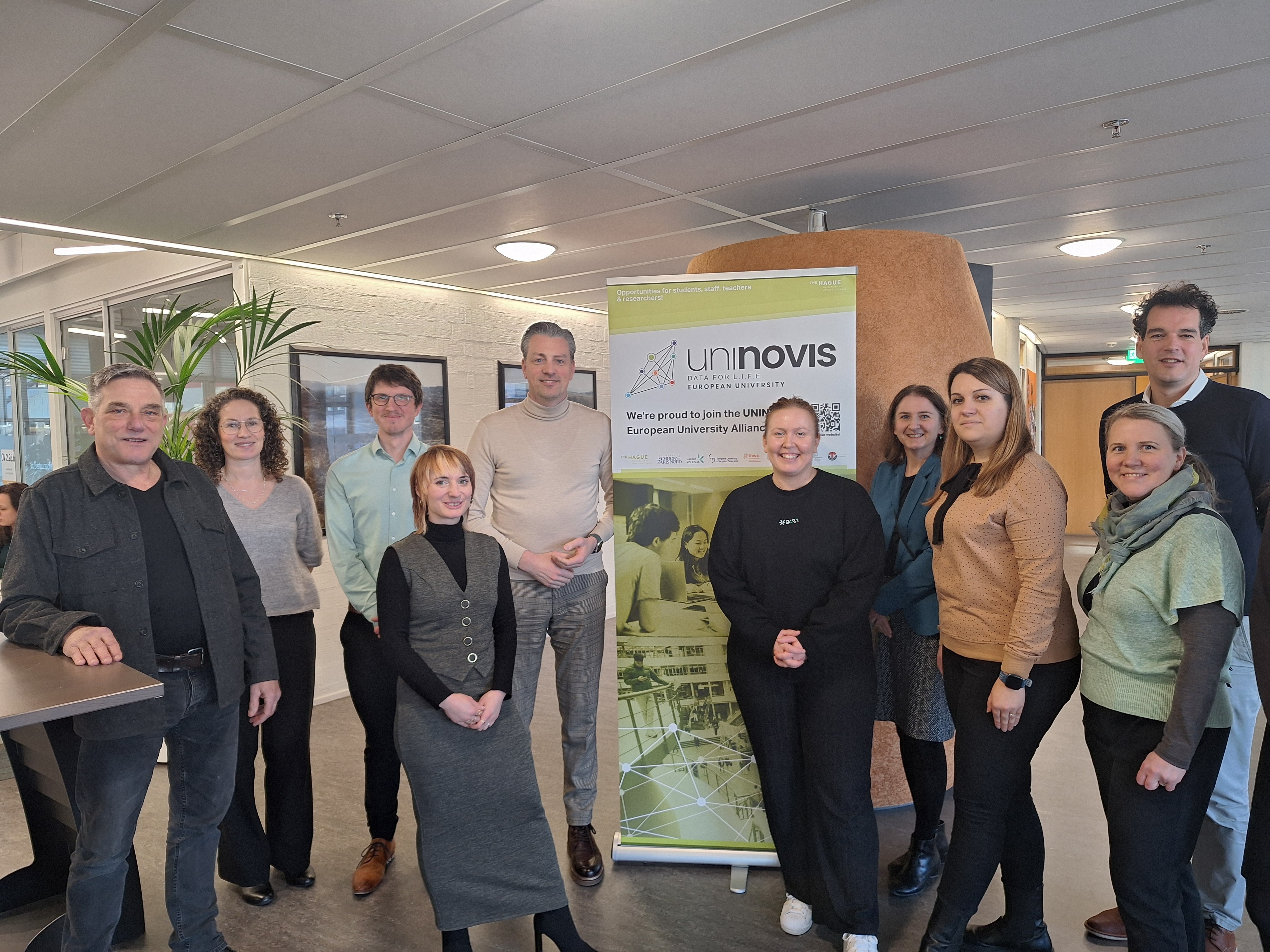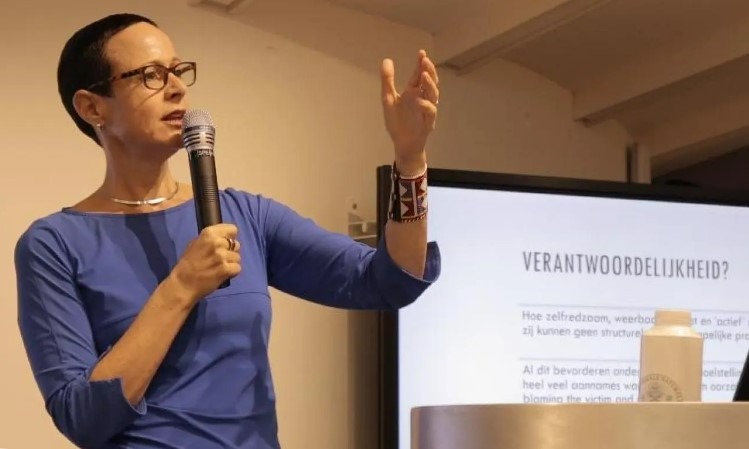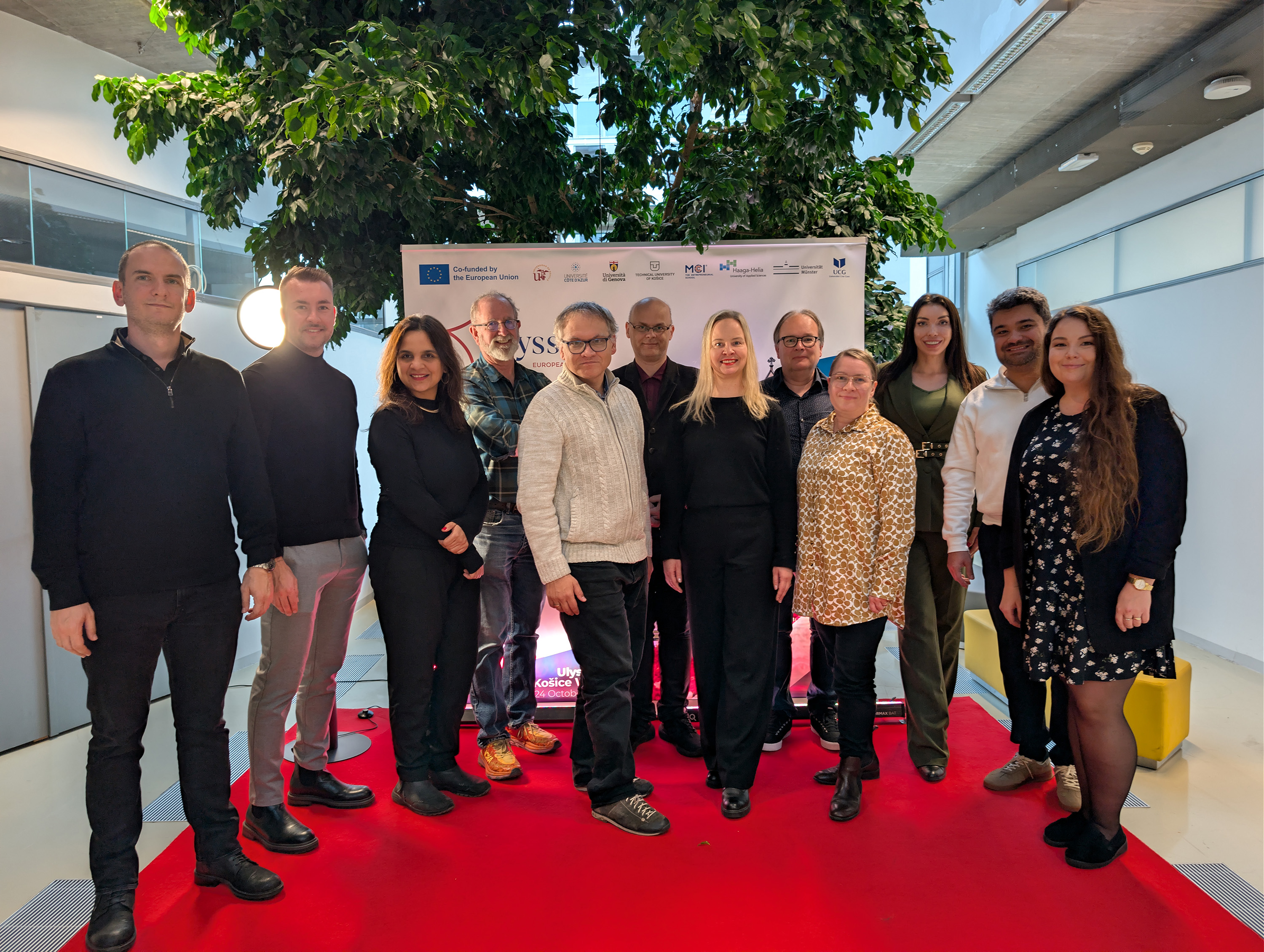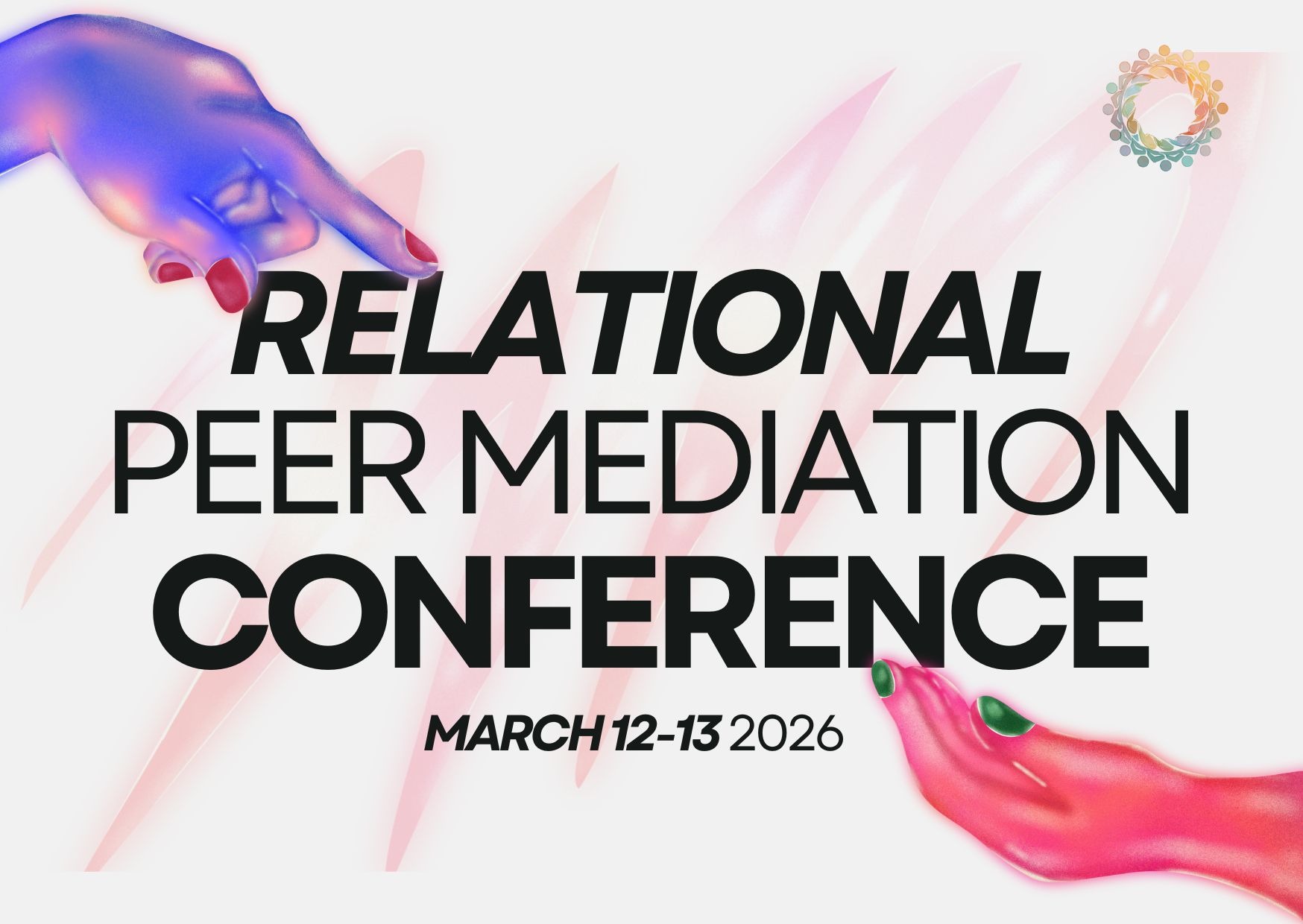About the Centre of Expertise
A world where everyone has the opportunity to fully participate in society – that’s what we at the Centre of Expertise Global & Inclusive Learning are dedicated to create. We believe that learning is a lifelong journey for everyone. Our goal is to help people and organizations in education and international institutions to make meaningful changes in the systems they work in. By doing practical research and using new ways of thinking, we aim to build a more fair and sustainable world.
Our mission is to empower people and communities to take shared responsibility for a just and sustainable future. We focus on both formal and informal ways of learning and decision-making at different levels, from local to global. We believe that cooperation and equality are key to achieving this mission. Our work covers important topics like learning and development, inclusion, work participation, technology, rights, and governance. Through our efforts, we hope to contribute to a better and more inclusive educational landscape.
Research areas
Within the Centre of Expertise Global and Inclusive Learning, practice-based research is conducted within four areas of research:
Transformative Teaching and Learning
This research area focuses on helping teachers, professionals, and students grow and adapt in a fast-changing world. We pay special attention to sustainability and digitalization because they are changing the way we work. To keep up with these changes, we are trying out new ways of learning, like working together in learning communities, Collaborative Online International Learning (COIL), and using creative teaching methods.
Research groups: Sustainable Talent Development and Global Learning
Transformative Technology
This theme looks at how technology interacts with people, organizations, and society. We study both the positive and negative effects of technology, especially when it comes to public values like independence and fairness. The research focuses on how technology can be used for the common good and how it can either change social systems for the better or make existing problems worse.
Research groups: Learning Technology & Analytics and Philosophy and Professional Practice
Inclusive Participation
This theme focuses on creating fair and lasting changes in education and society. We study how students, professionals, and citizens can take part in education, work, and society in an inclusive way. Inclusion means fighting against all forms of domination and exclusion. Participation means that everyone, especially those from minority groups, has a say in decisions. True inclusion requires real participation, and real participation needs to be inclusive to ensure everyone has access.
Research group: Inclusive Education
Multilevel Governance in Practice
In this research theme, we study what knowledge and skills (future) professionals need to solve global problems when different levels of government work together. We conduct research, often with students, in collaboration with professionals. Our current projects include studying how organizations become more European, how people can mediate disputes, build trust, and handle challenging situations in education.
Research groups: Changing Role of Europe and Multilevel Regulation
Student-led Research Unit (SRU)
SRU fosters an investigative learning environment at The Hague University of Applied Sciences. With a focus on student experiences, these student researchers explore issues they initiated themselves (student-led). The goal is to make the university more engaging, fair, and inclusive.

Team
At the Centre of Expertise Global & Inclusive Learning, lecturers, (lecturer) researchers and students work on future-ready education. Our research focuses on transforming systems and empowering people and communities. In this way, everyone can take responsibility for a just and sustainable future - on a local to global level.
